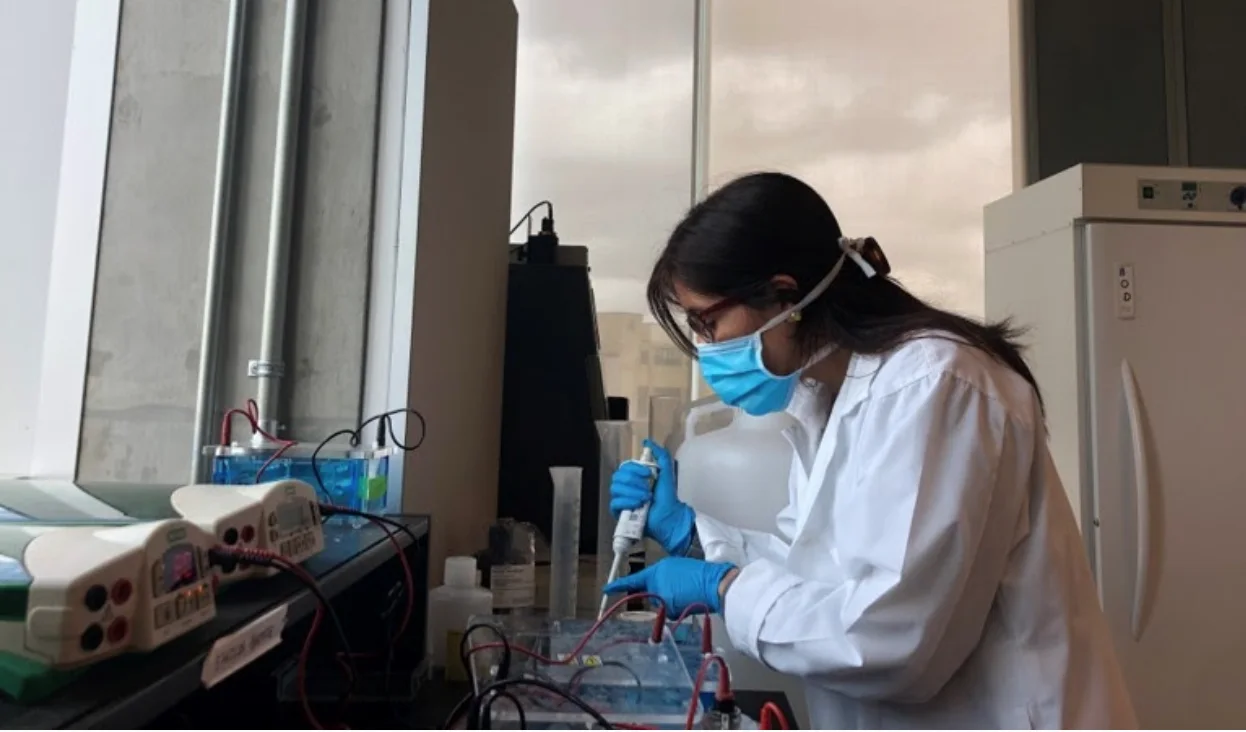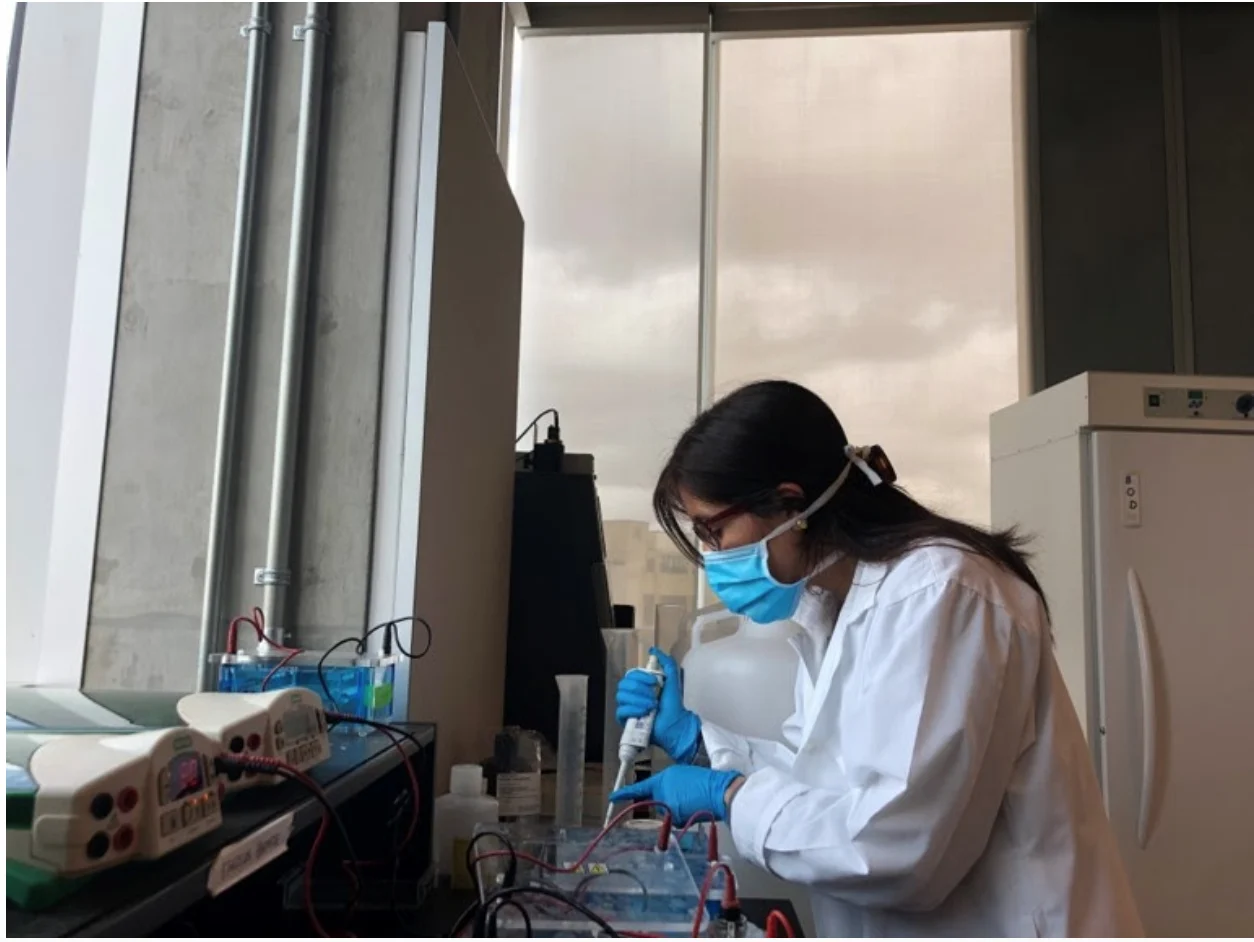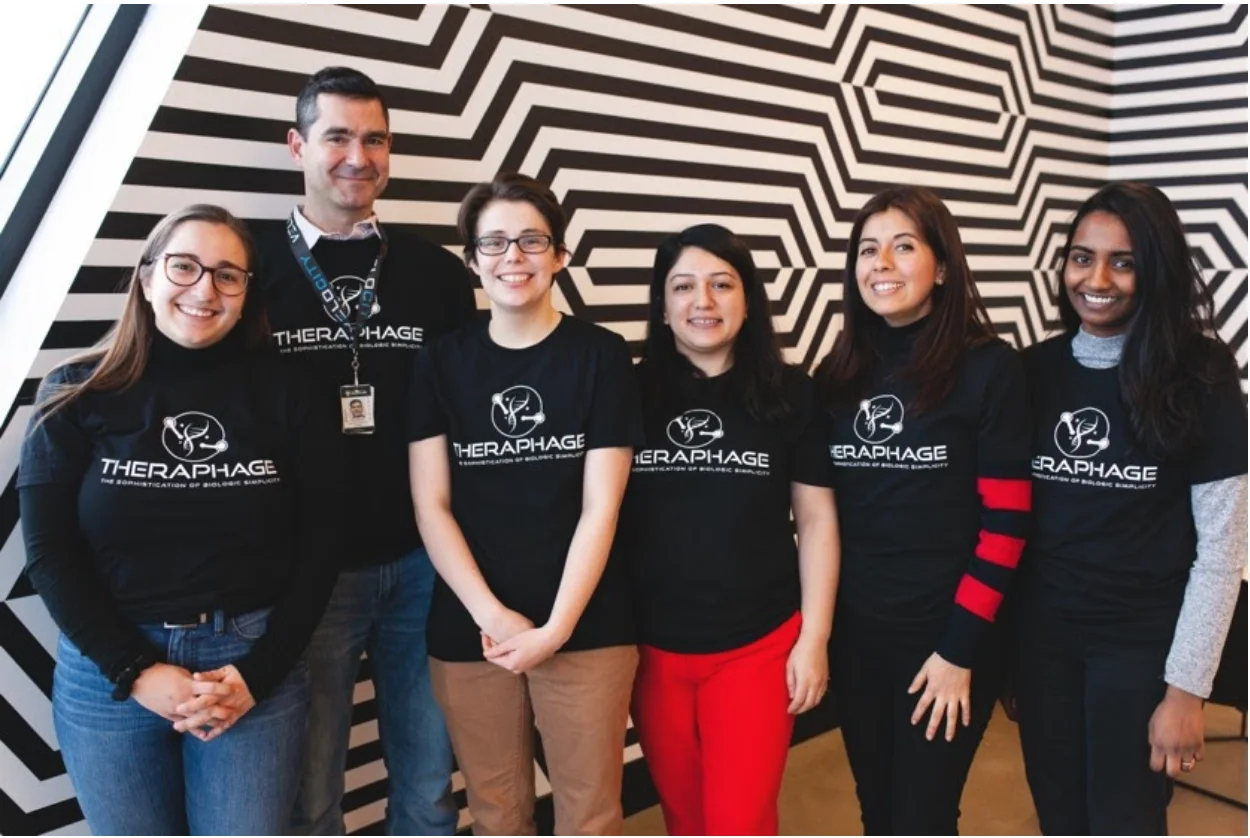
Canada’s race to find a COVID-19 vaccine
It’s a current global challenge. Finding the right vaccine for COVID-19.
Canada has multiple research teams working around the clock in hopes of finding something that’s effective and safe against COVID-19.
The University of Western Ontario is currently applying vesicular stomatitis virus technology in order to find a solution. This is the same method that this school used to find successful vaccines for MERS, which is a different kind of coronavirus.
In Alberta, the Li Ka Shing Institute of Virology is working on multiple projects.
SEE ALSO: Sweden's 'herd immunity' approach to COVID-19 raises concerns, doctors say

Credit: University of Waterloo
In Alberta the Li Ka Shing Institute of Virology is working on multiple projects.
“The key is we need to have good antibodies to protect against the virus,” says Dr. Lorne Tyrrell, the Founding Director of Li Ka Shing Institute of Virology at the University of Alberta. “I think the vaccine research is moving as quickly as it can. There are many teams, not just in Canada but around the world. The stress is high and people are working to their limits in many places.
Researchers at the University of Waterloo are working on a nasal spray vaccine. In a video chat (watch video above), we were able to speak with Roderick Slavcev who is leading the team. He explains why this method could be successful.
"There are two primary reasons," he says in the interview with The Weather Network. "One is, by nasal spray, we can position the vaccine to the most impacted cells which would be in the lower respiratory tract, and those are the cells impacted by SARS COV 2. This is where we would want to generate an immune response to protect those cells or remove the cells that have been infected.
"The other reason for it is the nasal cavity has very important immune cells that are very important for the priming of the immune response and for generating the right type of immune response - we would want to get an antiviral response of this nature."

Many have commented that the research across Canada is not only moving quickly, but that it is fuelled with passion.
“There has never been a time in my 52 years of life when the Canadian research community has been so focused on managing a single infectious agent," Jonathan Bramson a professor at McMaster University told The Weather Network in an email exhange. "The current effort is truly unprecedented.”
Other Canadian universities working to find a vaccine include the University of Alberta, University of British Columbia, University of Saskatchewan, University of Manitoba, and Laval University.
That being said, the testing process is going to take time.
“There will be hurdles once this vaccine gets to clinical testing because everything has to be safe,” explains Roderick Slavcev, a professor of pharmaceutical sciences at the University of Waterloo.
He adds that if all goes well with the nasal spray, the pre-clinical portion of this development should be complete by April 2021.
In an online study done by Research CO, they asked 1000 Canadians if they would vaccinate themselves against COVID-19 when one comes available. The results showed that 73 per cent responded with “definitely” or “probably”.
While many face the irreversible impacts of coronavirus outbreak, Canadians can take some comfort in knowing research teams on the job are passionate and dedicated to finding a vaccine.
“It’s very energizing seeing everyone rise to the occasion to try and get this done,” Roderick concludes.
Be sure to watch the video that leads this article for more on Canada's COVID-19 vaccine efforts.
Go here for our complete coverage of the COVID-19 pandemic
